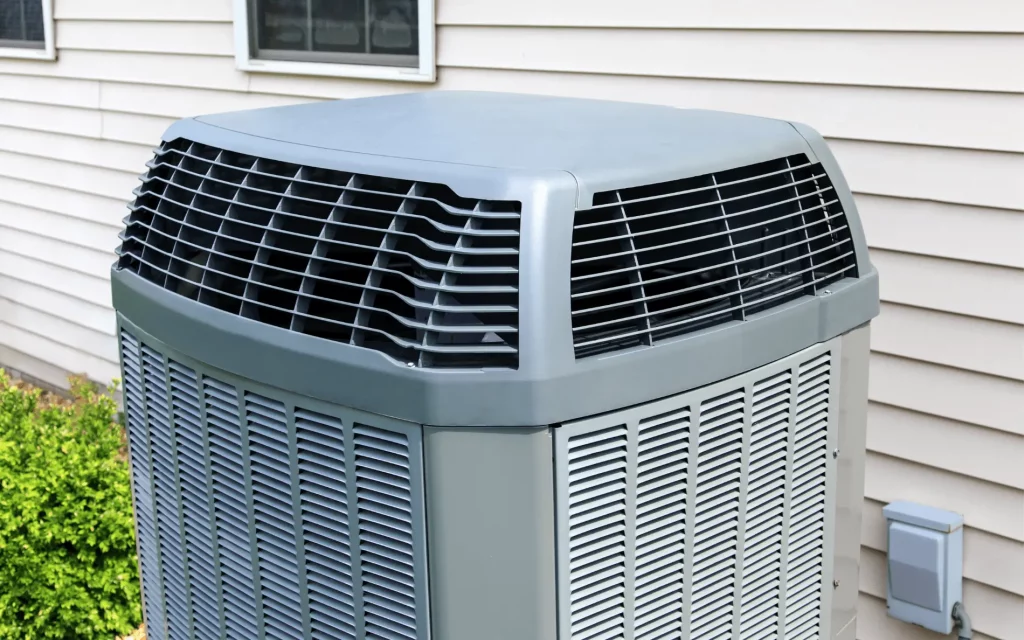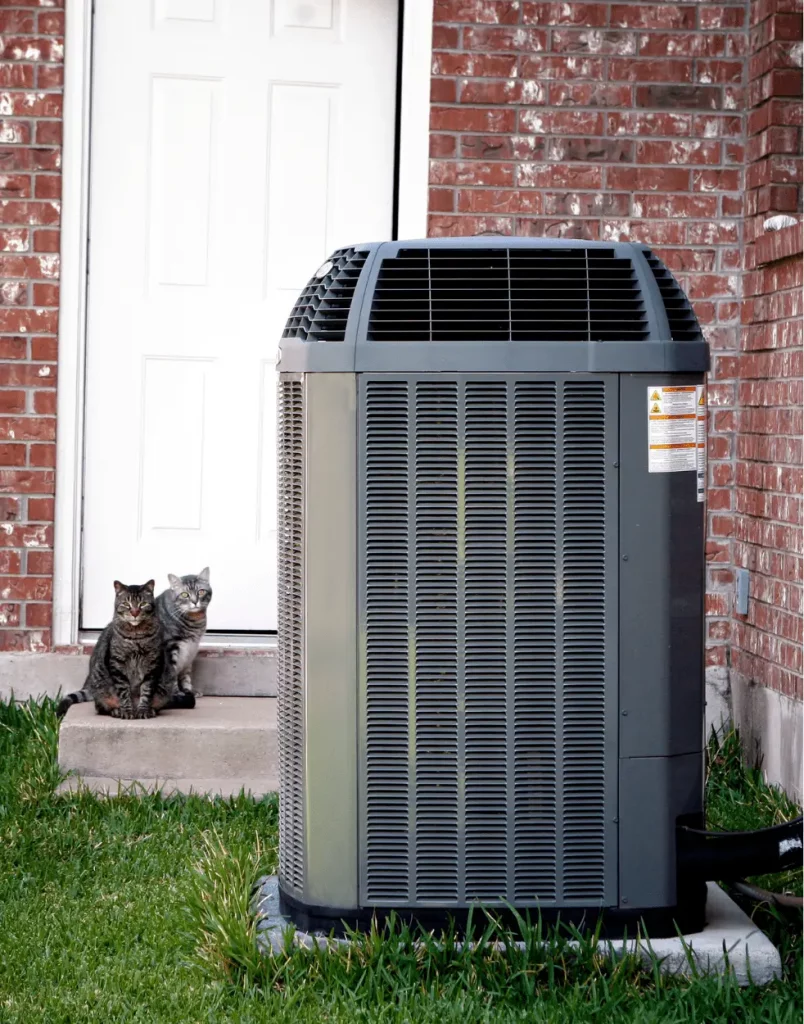Unique Insights: Air Conditioner vs. Heat Pump Showdown
In the world of home climate control, the debate between air conditioners and heat pumps is a heated one. At Prime Genius Heating, Air & Appliances, we are committed to providing the most comprehensive and detailed insights to help you make the best decision for your home. Whether you’re looking to keep cool in the summer or stay warm in the winter, understanding the differences, benefits, and drawbacks of both systems is crucial. Let’s delve into the air conditioner vs heat pump showdown and discover which system is best suited for your needs.
1. Understanding Air Conditioners
1.1 How Air Conditioners Work
Air conditioners are designed to cool indoor spaces by removing heat and humidity from the air. They operate using a cycle of compression and expansion of a refrigerant. Here’s a detailed breakdown of the process:
- Evaporation: The refrigerant evaporates in the indoor coil, absorbing heat from the indoor air, which cools the air.
- Compression: The refrigerant gas is compressed in the compressor, raising its temperature and pressure.
- Condensation: The hot, high-pressure refrigerant gas moves to the outdoor coil, where it releases its heat to the outside air and condenses back into a liquid.
- Expansion: The high-pressure liquid refrigerant passes through an expansion valve, lowering its pressure and temperature, and then it returns to the indoor coil to repeat the cycle.
This process continues until the indoor temperature reaches the desired level set on the thermostat.

Central Air Conditioners
Central air conditioners use ductwork to cool the entire home. These systems consist of an outdoor unit (compressor and condenser) and an indoor unit (evaporator). They are efficient for large spaces but can be costly to install and maintain. Central air conditioners also provide better air quality by filtering and dehumidifying the air.
Window Air Conditioners
Window air conditioners are compact units designed to cool single rooms. They are easy to install in a window or through a wall and are suitable for homes without ductwork. While they are cost-effective and convenient, they may be less energy-efficient and can obstruct views or block natural light.
Portable Air Conditioners
Portable air conditioners are versatile units that can be moved from room to room. They are ideal for cooling individual spaces and require no permanent installation. However, portable units may not cool as efficiently as other types, and they often take up floor space and require a venting kit to exhaust hot air through a window or a wall.
1.3 Advantages of Air Conditioners
Efficiency in Cooling
Air conditioners are specifically designed to cool spaces efficiently, making them ideal for hot climates. They provide consistent and reliable cooling, ensuring comfort during the hottest months.
Variety of Options
With multiple types available, homeowners can choose a system that best fits their needs and budget. Whether you need to cool a single room or an entire house, there is an air conditioner that suits your requirements.
Lower Initial Cost
Compared to heat pumps, air conditioners typically have a lower initial purchase and installation cost. This makes them a more affordable option for many homeowners, especially in regions where cooling is a primary concern.
1.4 Disadvantages of Air Conditioners
Single Function
Air conditioners are limited to cooling and do not provide heating capabilities. This means you may need a separate heating system for colder months, which can increase overall costs and maintenance requirements.
Energy Consumption
Continuous operation during hot weather can lead to high energy bills. Air conditioners consume a significant amount of electricity, and their efficiency can vary depending on the unit’s age, type, and maintenance.
Environmental Impact
Air conditioners can contribute to environmental concerns due to their energy use and refrigerant emissions. The production and disposal of refrigerants can have harmful effects on the ozone layer and contribute to global warming. Modern units use more environmentally friendly refrigerants, but energy consumption remains a concern.
2. Understanding Heat Pumps
2.1 How Heat Pumps Work
Heat pumps are versatile systems capable of both heating and cooling your home by transferring heat from one place to another. This process makes them an efficient and environmentally friendly option for year-round climate control. Here’s a detailed look at how they function:
Cooling Mode: In cooling mode, a heat pump operates similarly to an air conditioner. It removes heat from your home and releases it outdoors. The refrigerant absorbs heat from the indoor air, evaporates, and then moves to the outdoor unit where it releases the heat.
Heating Mode: In heating mode, the process is reversed. The heat pump extracts heat from the outside air (even in cold weather) and transfers it indoors. The refrigerant absorbs heat from the outdoor air, compresses it to increase the temperature, and then releases it inside your home.
2.2 Types of Heat Pumps
Air-Source Heat Pumps
Air-source heat pumps are the most common type. They transfer heat between your home and the outside air. These systems are relatively easy to install and are suitable for a wide range of climates, although their efficiency can decrease in extremely cold temperatures.
Geothermal Heat Pumps
Geothermal heat pumps transfer heat between your home and the ground. They are more efficient than air-source heat pumps because ground temperatures remain relatively constant throughout the year. However, geothermal systems require significant upfront investment and installation, including drilling or excavation.
Ductless Mini-Split Heat Pumps
Ductless mini-split heat pumps are ideal for homes without ductwork. They consist of an outdoor compressor unit and one or more indoor air-handling units, allowing for zoned heating and cooling. These systems are flexible and energy-efficient, making them a popular choice for both new constructions and retrofits.

2.3 Advantages of Heat Pumps
Dual Functionality
Heat pumps offer dual functionality, meaning they can both heat and cool your home. This provides year-round comfort with a single system, eliminating the need for separate heating and cooling units.
Energy Efficiency
Energy efficiency is a key advantage of heat pumps. They are highly efficient, particularly in moderate climates, because they transfer heat rather than generating it. This results in lower energy consumption compared to traditional heating and cooling systems.
Environmental Benefits
Heat pumps have significant environmental benefits. By transferring heat instead of generating it through combustion or electrical resistance, they have a lower carbon footprint. Additionally, modern heat pumps use environmentally friendly refrigerants that reduce their impact on the ozone layer.
2.4 Disadvantages of Heat Pumps
Higher Initial Cost
Heat pumps generally come with a higher initial purchase and installation cost compared to traditional air conditioners or furnaces. The upfront investment can be substantial, although this can be offset by lower operating costs over time.
Performance in Extreme Cold
In extremely cold climates, heat pumps may struggle to extract enough heat from the outside air, reducing their efficiency. Performance in extreme cold can be a limiting factor, although some advanced models are designed to operate efficiently at lower temperatures.
Complexity
The complexity of heat pumps, due to their dual-functionality, can lead to more intricate maintenance and repair needs. Regular servicing by a qualified technician is essential to ensure optimal performance and longevity.
3.1 Energy Efficiency
Heat pumps are typically more energy-efficient than air conditioners, particularly in moderate climates where they can provide both heating and cooling efficiently. However, in extremely hot climates, air conditioners may be more effective as they are designed specifically for cooling.
3.2 Climate Suitability
- Hot Climates: Air conditioners are the preferred choice due to their cooling efficiency and lower initial cost.
- Moderate Climates: Heat pumps offer excellent year-round efficiency, making them ideal for regions with mild winters and hot summers.
- Cold Climates: While heat pumps can function in cold climates, they may require a supplemental heating source to maintain efficiency.
3.3 Installation and Maintenance Costs
- Air Conditioners: Typically, air conditioners have lower initial installation costs but may incur higher energy bills during peak cooling seasons.
- Heat Pumps: The higher initial cost of heat pumps can be offset by their energy efficiency and the savings they offer over time. Maintenance costs can be higher due to the complexity of the system.
4. Making the Right Choice for Your Home
Choosing between an air conditioner and a heat pump depends on various factors, including your climate, budget, and specific heating and cooling needs. At Prime Genius Heating, Air & Appliances, we are here to help you make an informed decision.
4.1 Consult with Experts
Our team of experienced professionals can assess your home’s requirements and provide personalized recommendations. We offer a range of high-quality air conditioners and heat pumps to suit every need and budget.
4.2 Consider Long-Term Savings
While the initial cost is a significant factor, it’s essential to consider the long-term savings and benefits. Heat pumps, with their energy efficiency, can offer substantial savings on your utility bills over time.
4.3 Environmental Impact
If reducing your carbon footprint is a priority, a heat pump is a more environmentally friendly option. By using renewable energy sources, heat pumps contribute to a more sustainable future.
In the air conditioner vs. heat pump showdown, the right choice depends on your specific needs and circumstances. Both systems have their advantages and disadvantages, but with careful consideration and expert guidance, you can find the perfect solution for your home.
For more information and to explore our range of services, contact Prime Genius Heating, Air & Appliances at (916) 800-4007. Our team is ready to assist you in achieving optimal comfort and efficiency in your home.


